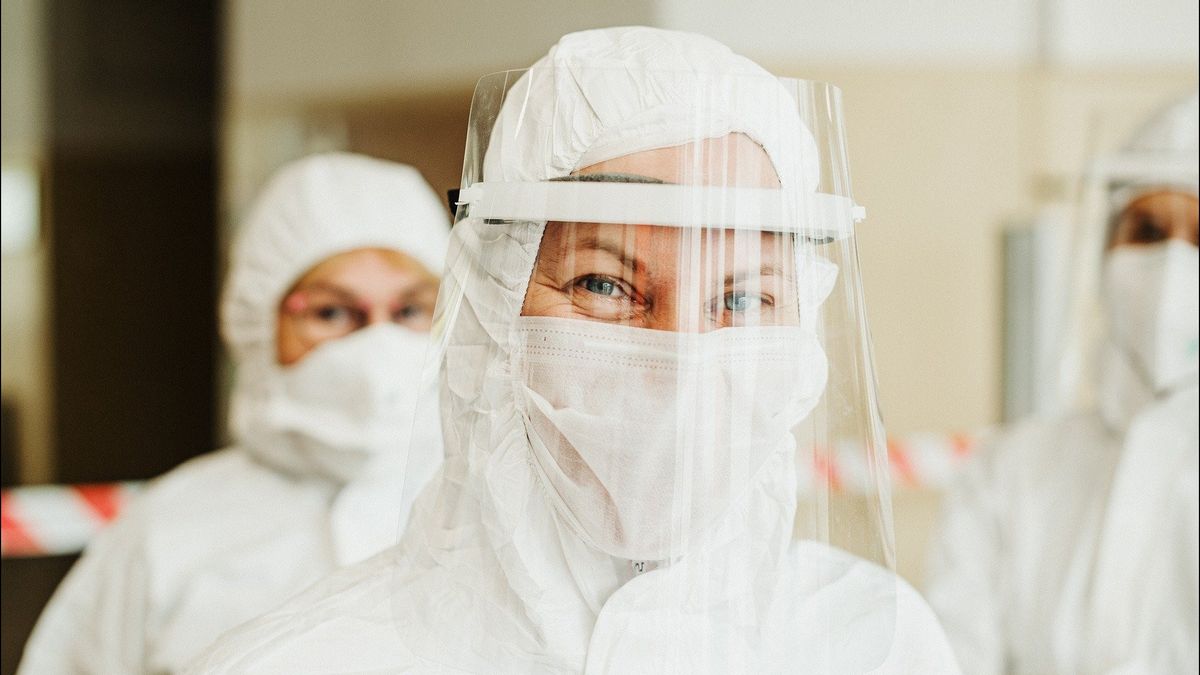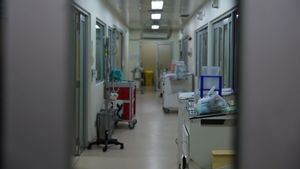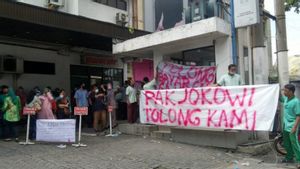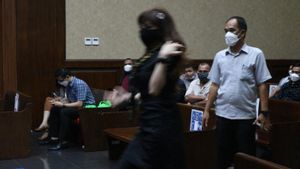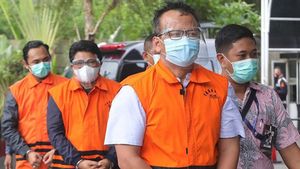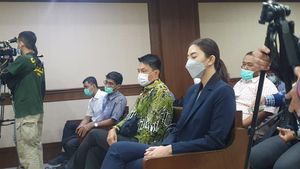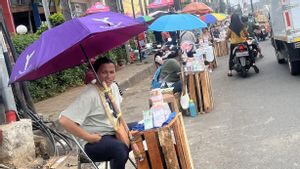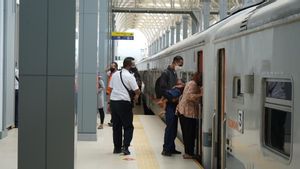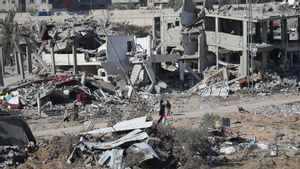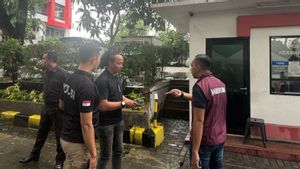JAKARTA - The Mitigation Team for the Indonesian Doctors Association (PB IDI) reported that the condition of health workers in a number of areas with the number of COVID-19 cases soaring was increasingly alarming.
"There are still many queues of patients. That is an illustration of the factual conditions that exist. This is a warning for us. Doctors downstream (emergency service rooms) in health care facilities have limitations both in terms of facilities and human resources (HR) related to their psychological condition," said Head of the PB IDI Doctor Mitigation Team, Adib Khumaidi, in a virtual press conference monitored in Jakarta, Sunday afternoon.
According to Adib, the conditions at the hospital are currently getting more and more concerning with the increasing number of positive confirmed cases of COVID-19 among doctors, nurses, and other health workers. They also need treatment or self-isolation.
SEE ALSO:
This condition causes limited manpower to provide services, limited facilities and human resources that have the potential to cause hospital services to collapse.
Data compiled by the IDI Mitigation Team based on reports from medical professional organizations states that 949 health workers have died due to work due to COVID-19.
The health workers consist of 401 general practitioners and specialists, 43 dentists, 315 nurses, 150 midwives, 15 pharmacists, and 25 medical laboratory personnel.
The report was submitted by the Indonesian Dentist Association, the Indonesian Midwives Association, the Indonesian National Nurses Association, the Indonesian Pharmacists Association, the Association of Indonesian Medical Laboratory Technologists from March 2020 to June 26, 2021.
"There are four more doctors who died this afternoon due to COVID-19. Indeed, the number of cases is not as high as in January 2021," he said.
Adib said there are health workers who are currently undergoing intensive care and self-isolation. A total of 503 health workers are in Central Java, 231 are being treated in Yogyakarta, 163 in Surabaya.
"There needs to be intervention, not just relying on downstream. Now the conditions are worrying, don't let health services collapse. If they are confused, it can be dangerous," he said.
The English, Chinese, Japanese, Arabic, and French versions are automatically generated by the AI. So there may still be inaccuracies in translating, please always see Indonesian as our main language. (system supported by DigitalSiber.id)
